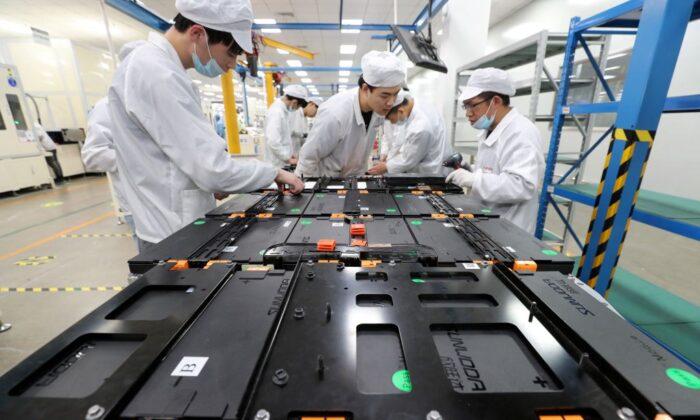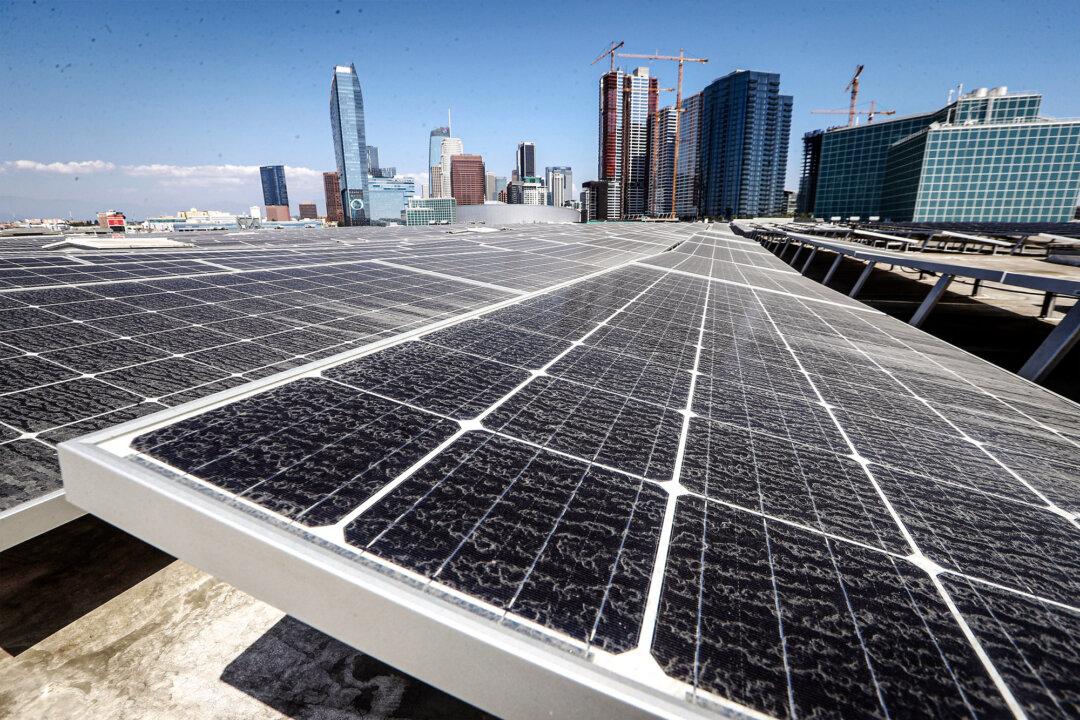Electric vehicle battery prices are increasing as the cost of raw materials, especially lithium, is rebounding after a decade of price reductions following a radical growth in the electrification of vehicles by major manufacturers and subsequent hike in demand.
The biggest battery manufacturer in the world is China, where the benchmark price of lithium carbonate was 261,500 yuan (just over $41,060) a ton by the end of last year, an increase of more than five times from January 2021. The persistent climb is expected to subvert plans of automakers worldwide, many of whom are laying the groundwork for launching their fleets of electric vehicles and other related projects.
The price of nickel, which is used in some electric vehicle batteries, has increased by 15 percent to $20,045.
New mining infrastructure takes time to set up and the production capacity of existing facilities is relatively low as the raw material is located deep in the earth’s core.
“Due to its strategic significance, lithium resources will be more difficult to obtain and control. Therefore, lithium resources will become a key factor restricting the development of the industry in the medium- and long-term,” a spokesperson for Tianqi Lithium, a Chinese mining company, told S&P Global Platts.
Australian lithium mines shut down because of the drastic decrease in prices over the years, and attempts to revive the industry have been mired by pandemic-related staffing issues.
Chinese companies have been hit with power shortages and COVID-19 disruptions. Supply from the mines in Africa were especially affected by the spread of the highly-transmissible Omicron variant.
Automakers like Tesla, Toyota, and Volkswagen are attempting to establish their own supply chains and secure future availability.





